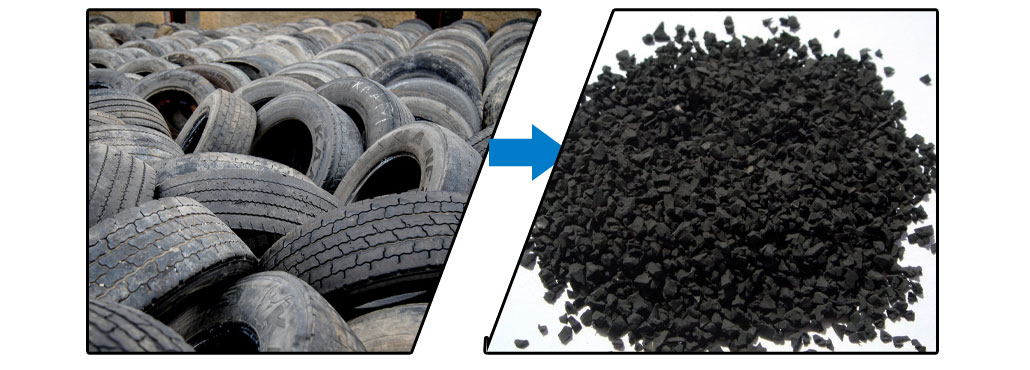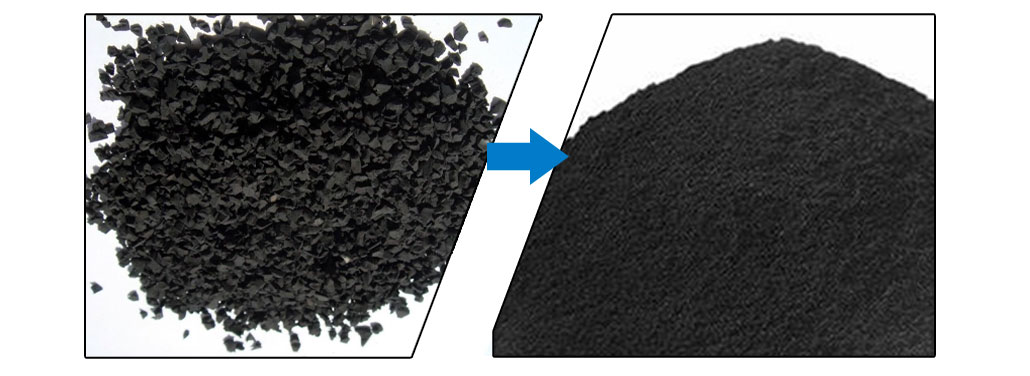



The mass disposal of scrap tires presents a global environmental challenge. Specialized recycling equipment effectively contains hazardous substances within tires, preventing soil and water contamination while significantly mitigating "black pollution." Resource recovery processes reduce landfill volume by 98%, substantially decreasing land occupation and providing practical solutions for ecological conservation.
Recycling technology enables material regeneration from tires. Through professional treatment, tire components like rubber and steel wires transform into reusable resources: rubber granules manufacture sports surfaces and anti-slip flooring; recovered steel wires feed metal reproduction; selected materials serve as industrial fuels or composite paving materials. This resource conversion model drastically reduces dependence on virgin materials, establishing eco-friendly circular systems.
This initiative delivers substantial economic value. Resource recovery lowers operational costs compared to traditional landfilling, while products like recycled rubber goods and alternative fuels see growing demand in infrastructure and energy sectors, generating significant returns for investors. This dual-economic-advantage model - combining eco-efficiency gains with green revenue streams - provides robust momentum for sustainable development.

